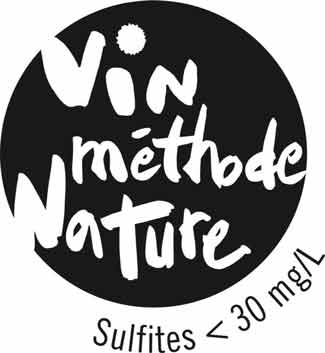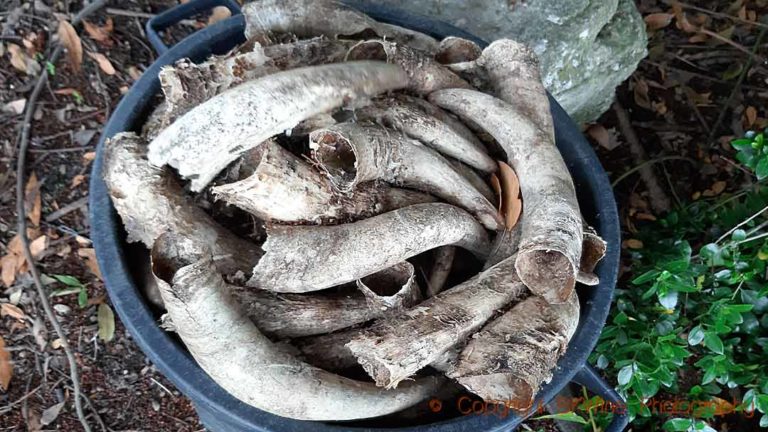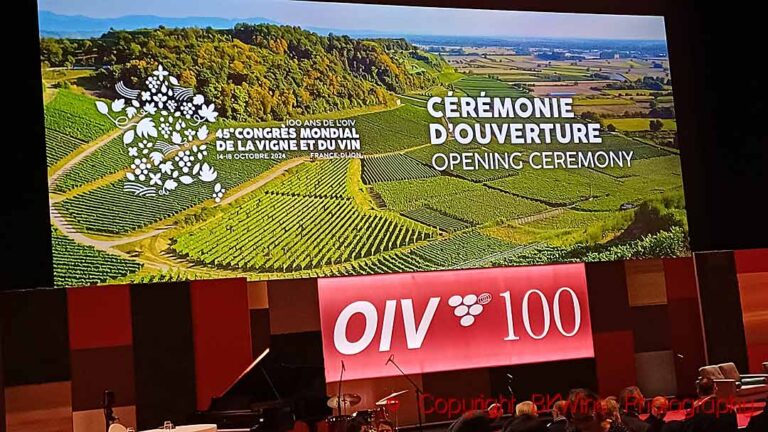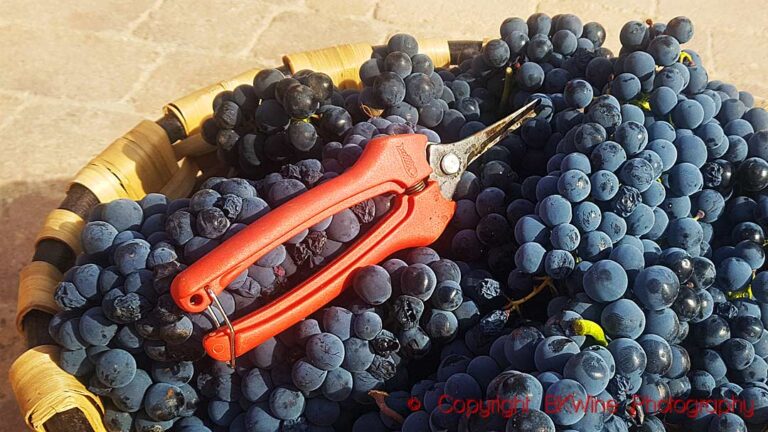We often think of “natural” wine producers as rebellious. They go their own way. But still, a debate about having rules for natural wines has been going on ever since the natural wine trend started. And rules do exist. Italian VinNatur, for example, has since 2016 a strict regulatory framework for its around 180 members. (Read more on VinNature in our article.)
In the spring of 2020, the “Syndicat de défense des vins naturels” (SDVN), an association of natural wine enthusiasts from mostly the Loire Valley, had its rules approved by the French authorities (DGCCRF). Putting “Vin Nature” on the bottle was not allowed, it is still forbidden. Instead, the brand “vin méthode nature” was adopted. A subtle but essential difference.
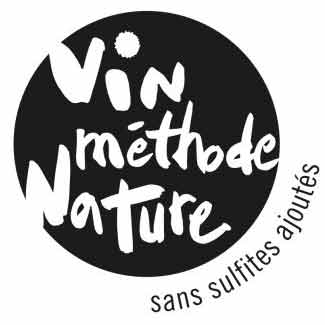
The label is available in two versions, “without added sulphites” and with “<30 mg/l added sulphites”. Members must be certified organic, harvest manually and ferment with natural yeast. No additives (except sulphites as mentioned above) and no “brutal” processing aids during production (e.g. reverse osmosis) are allowed.
It has been reported in some media that “now France has an official ‘natural wine’ certification”. That is a misinterpretation. It is a private label, owned by the SDVN, but it has been approved as such and can be put on the label. So, it is not an official certification or label for “natural wine” but a private brand for a production method.
We asked the INAO (Institut national de l’origine et de la qualité) who answered: “It is a private initiative and a private brand for which the founders are solely responsible. INAO is not responsible for this brand.” Producers in other EU countries can also join the association.
So, yes, using the label is legal. But, no, it is not an official label. And since the term “natural wine” is still not defined nor approved (and likely will never be) anyone can still claim to make “natural wine”.
